The human brain is one of the most complex and fascinating structures in the known universe. It is responsible for our ability to think, feel, and perceive the world around us, and is the center of our nervous system. Despite its importance, there is still much that scientists don't know about how the brain works. In this blog post, we will explore some lesser-known facts about the brain that may surprise you.
The brain is not fully developed at birth
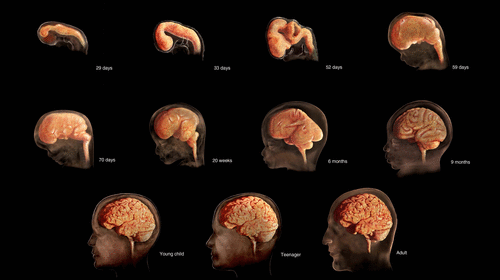
Contrary to popular belief, the human brain is not fully developed at birth. In fact, it continues to develop and change well into adulthood. This process, known as neuroplasticity, allows the brain to adapt and reorganize itself in response to new experiences and learning. This means that the brain has the ability to change and improve throughout a person's lifetime.
The brain is not just in the head
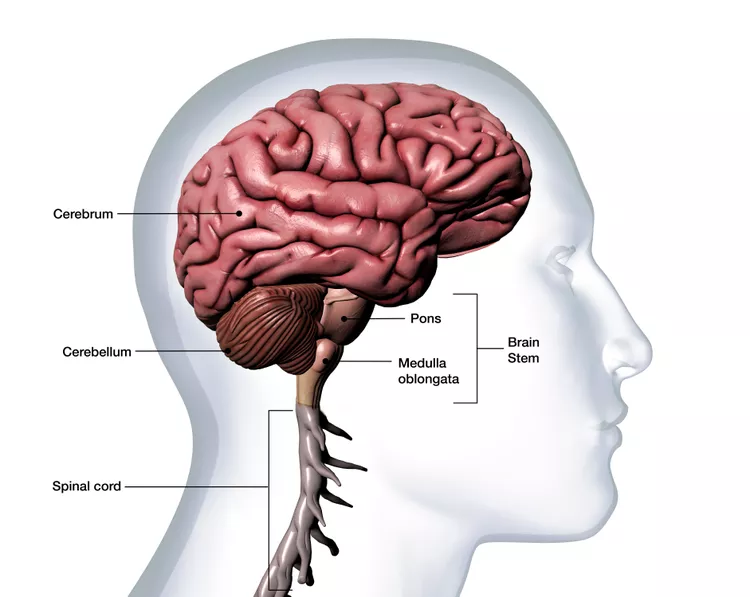
While the majority of the brain is located inside the skull, a small but important portion of it is located outside the skull, in the spinal cord. This part of the brain, known as the spinal cord, is responsible for reflexes and other automatic actions, such as the knee-jerk reflex. This means that even if the head is severed, some of the brain functions will still be intact in the spinal cord.
The brain can create new neurons
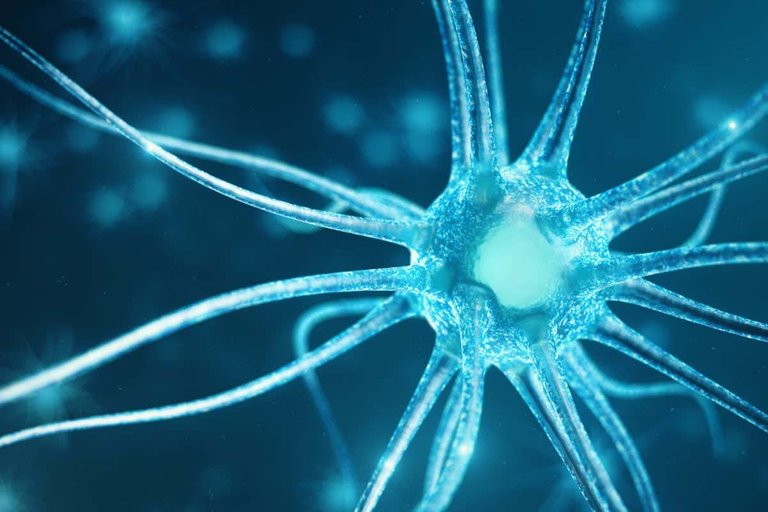
Another surprising fact about the brain is that it is capable of creating new neurons, even in adulthood. This process is called neurogenesis, and it occurs primarily in a specific region of the brain called the hippocampus. This area is involved in learning and memory and new neurons created in this area may help to improve these cognitive functions.
The brain has no pain receptors
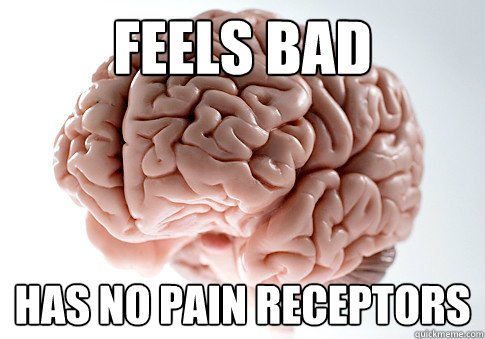
The brain itself has no pain receptors, which means it cannot feel pain. However, the skull and other surrounding tissues do have pain receptors and can be the source of pain when the brain is injured or diseased. This is why headaches or brain tumours can be painful, even though the brain itself cannot feel pain.
The brain consumes a lot of energy
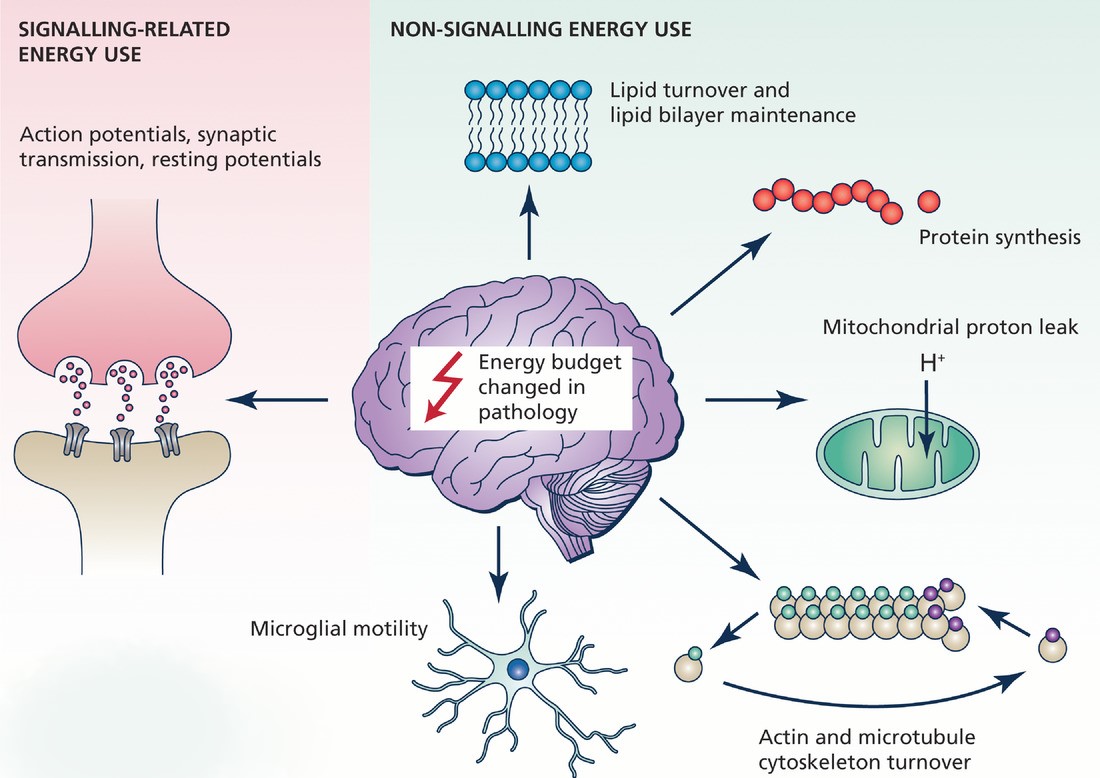
Despite its small size, the brain requires a huge amount of energy to function properly. In fact, the brain represents only 2% of a person's body weight, but it consumes 20% of the body's energy. This is because the brain is constantly active, even when we are sleeping or at rest, and its energy needs are high in order to support the many complex processes that occur in the brain every day.
In conclusion, the brain is a highly complex and mysterious organ that continues to baffle scientists and researchers. But as we learn more about it, we gain a better understanding of how it works and the potential it holds for improving our lives.
Congratulations @riaan.steynberg! You have completed the following achievement on the Hive blockchain And have been rewarded with New badge(s)
Your next target is to reach 1500 upvotes.
You can view your badges on your board and compare yourself to others in the Ranking
If you no longer want to receive notifications, reply to this comment with the word
STOPCheck out our last posts:
Support the HiveBuzz project. Vote for our proposal!